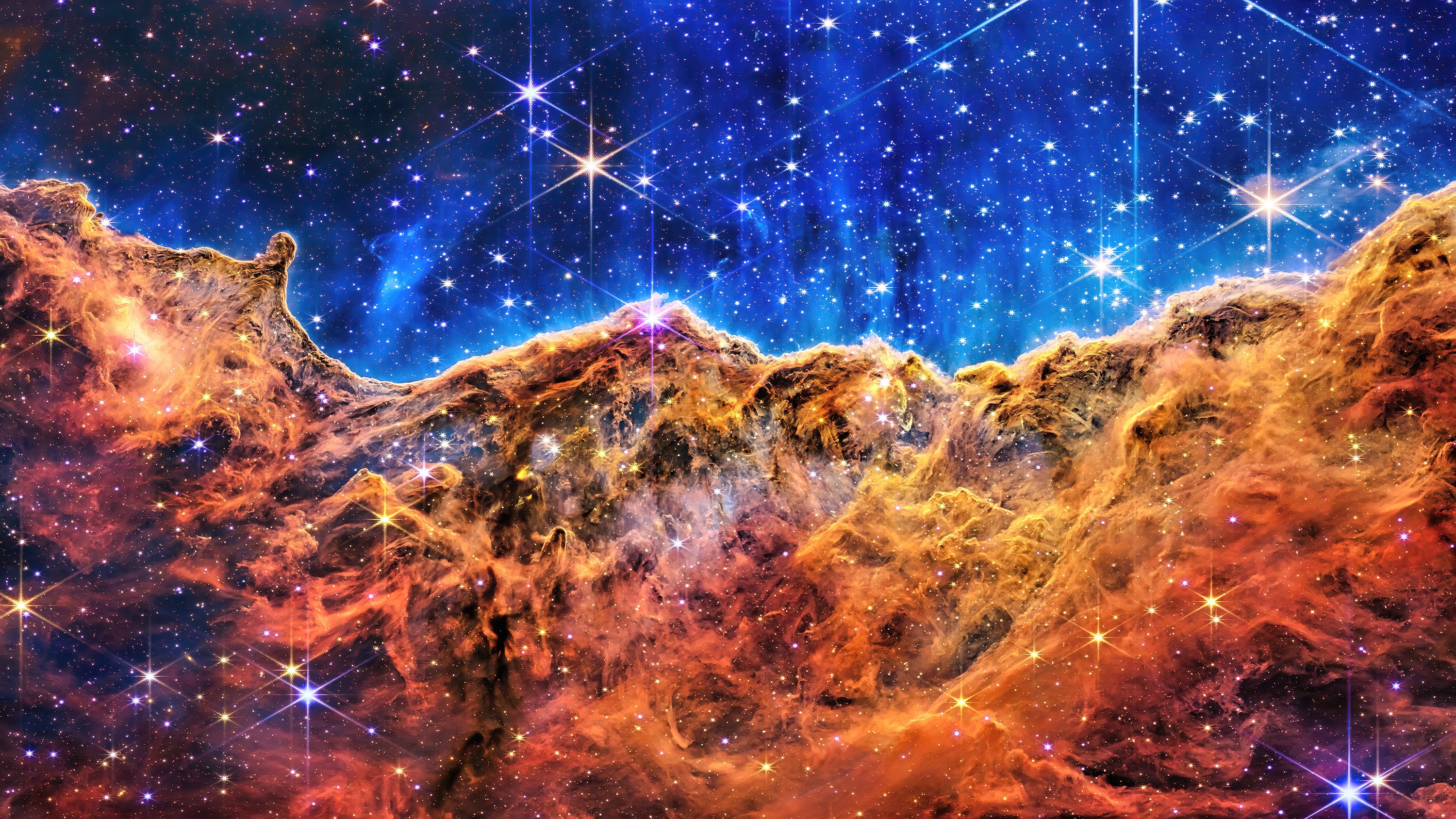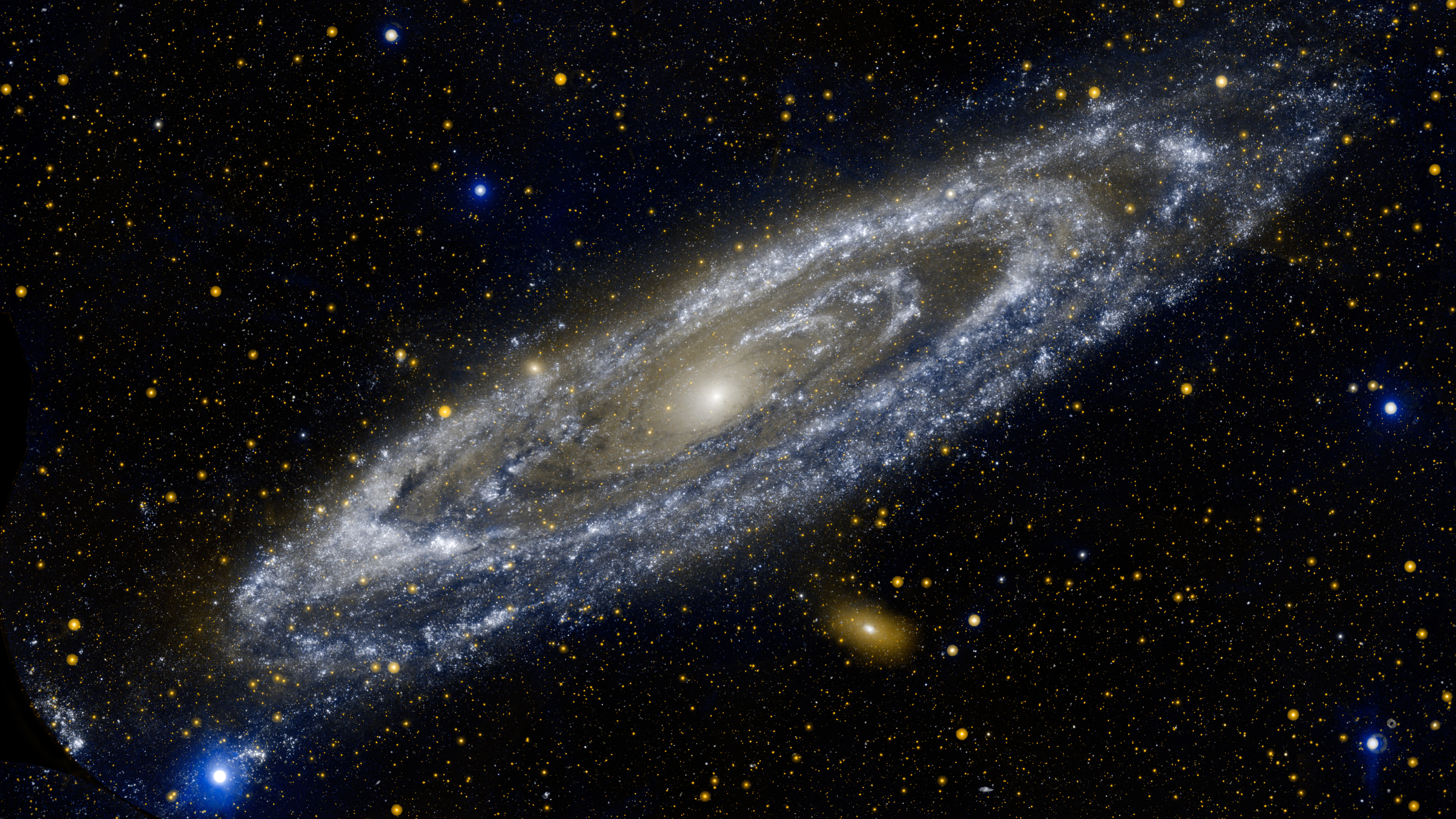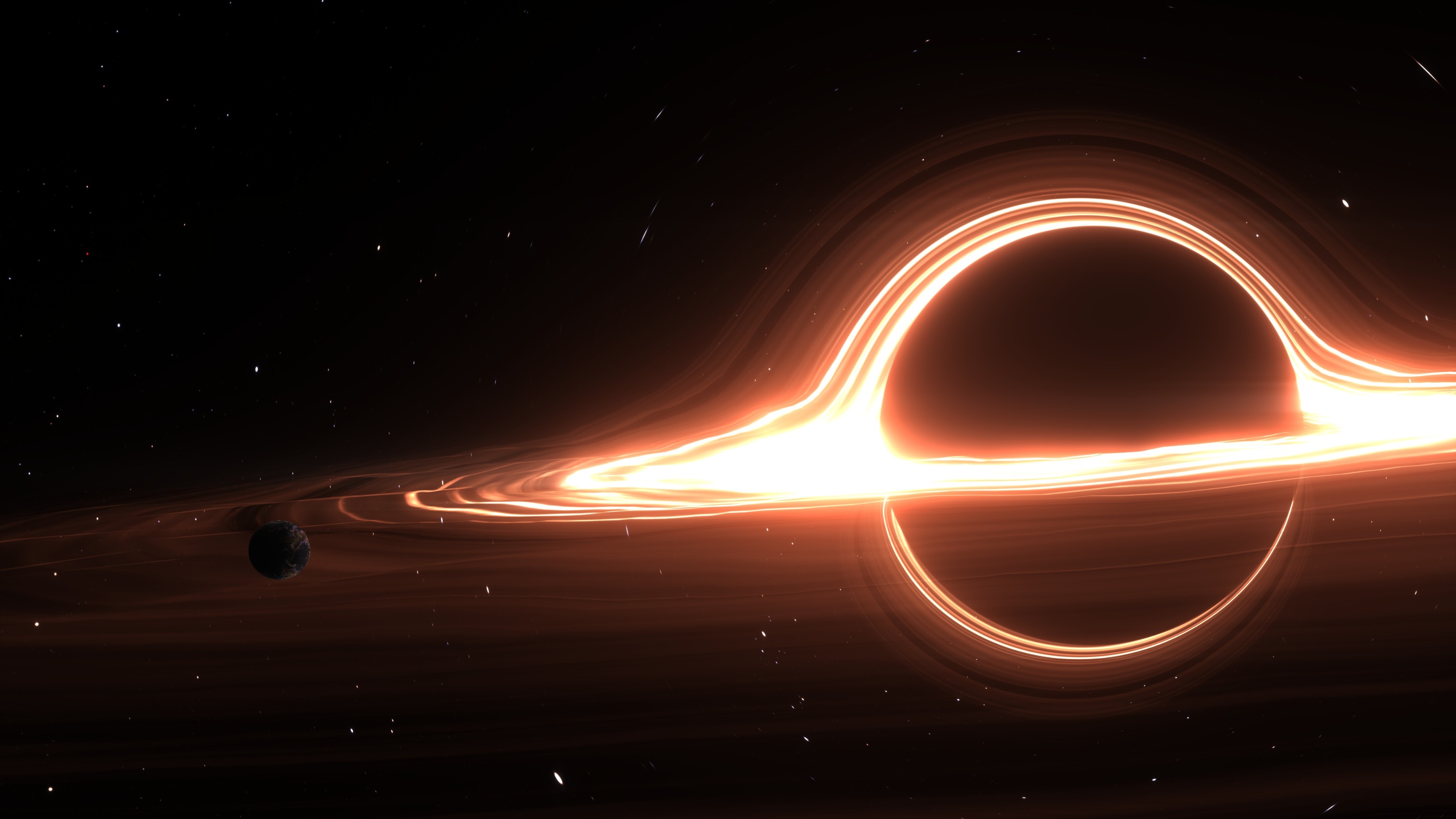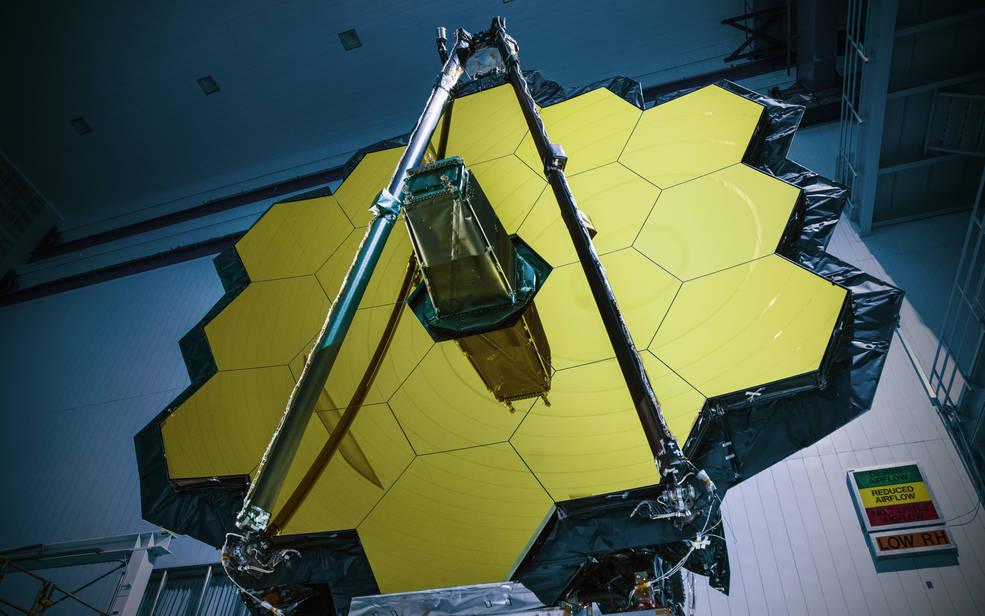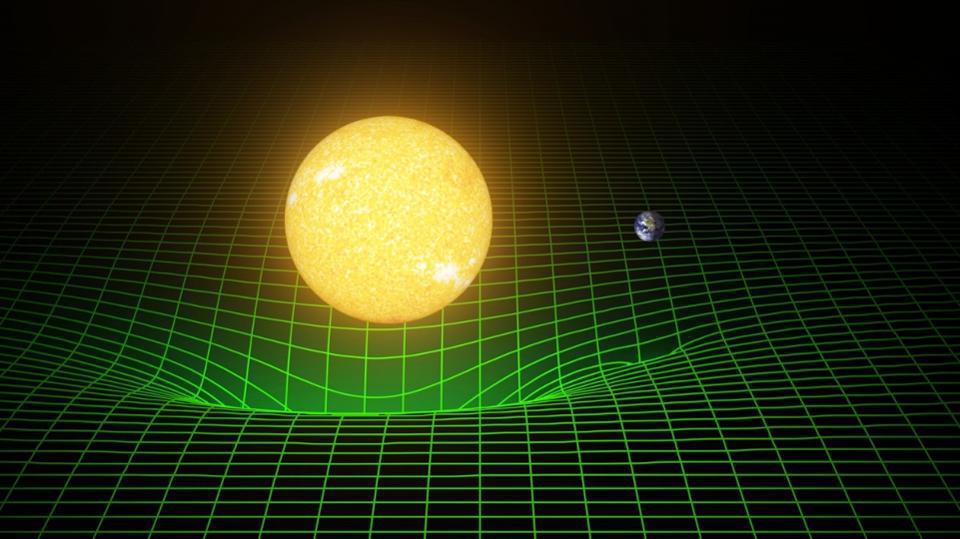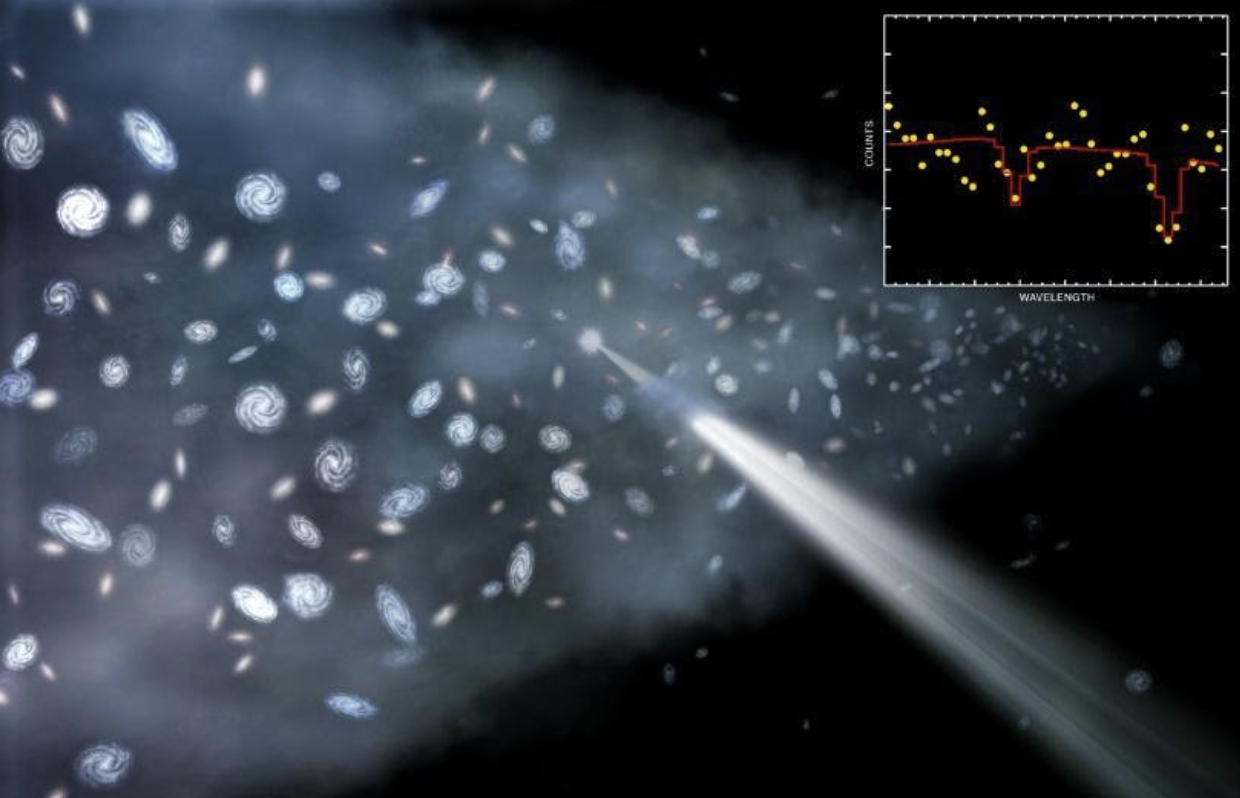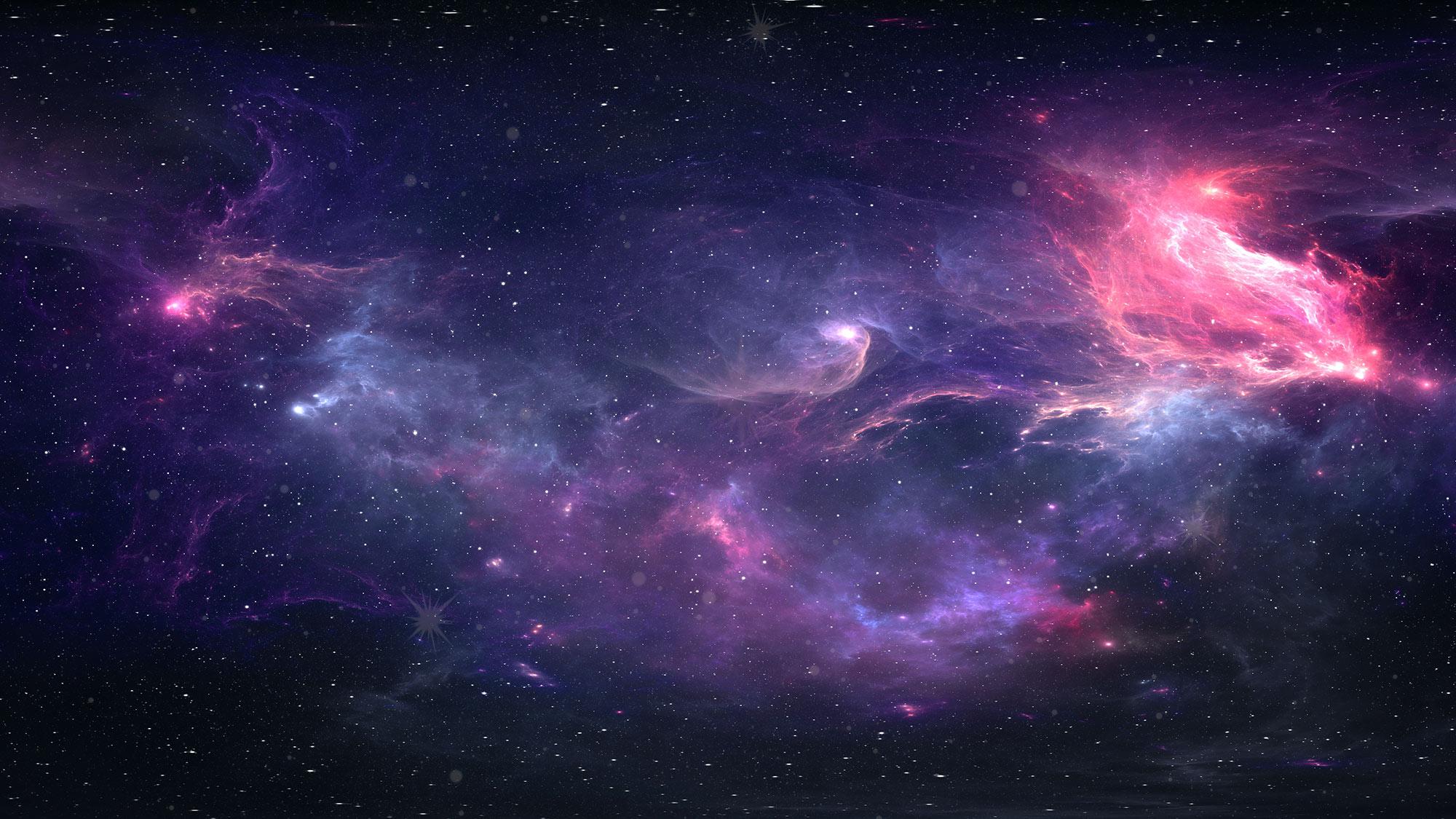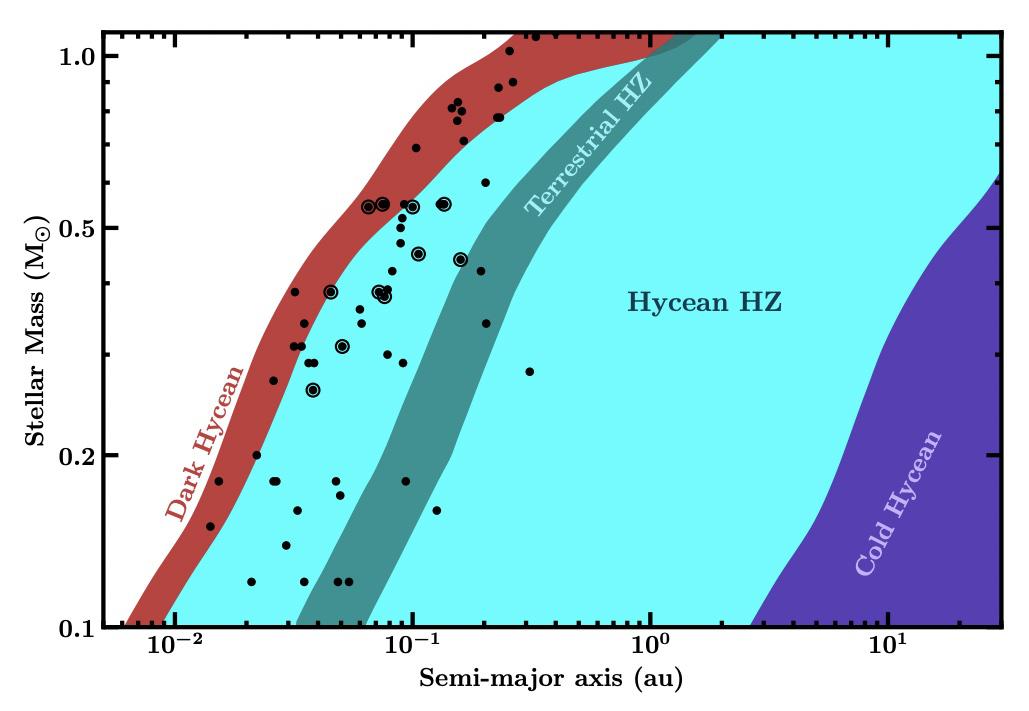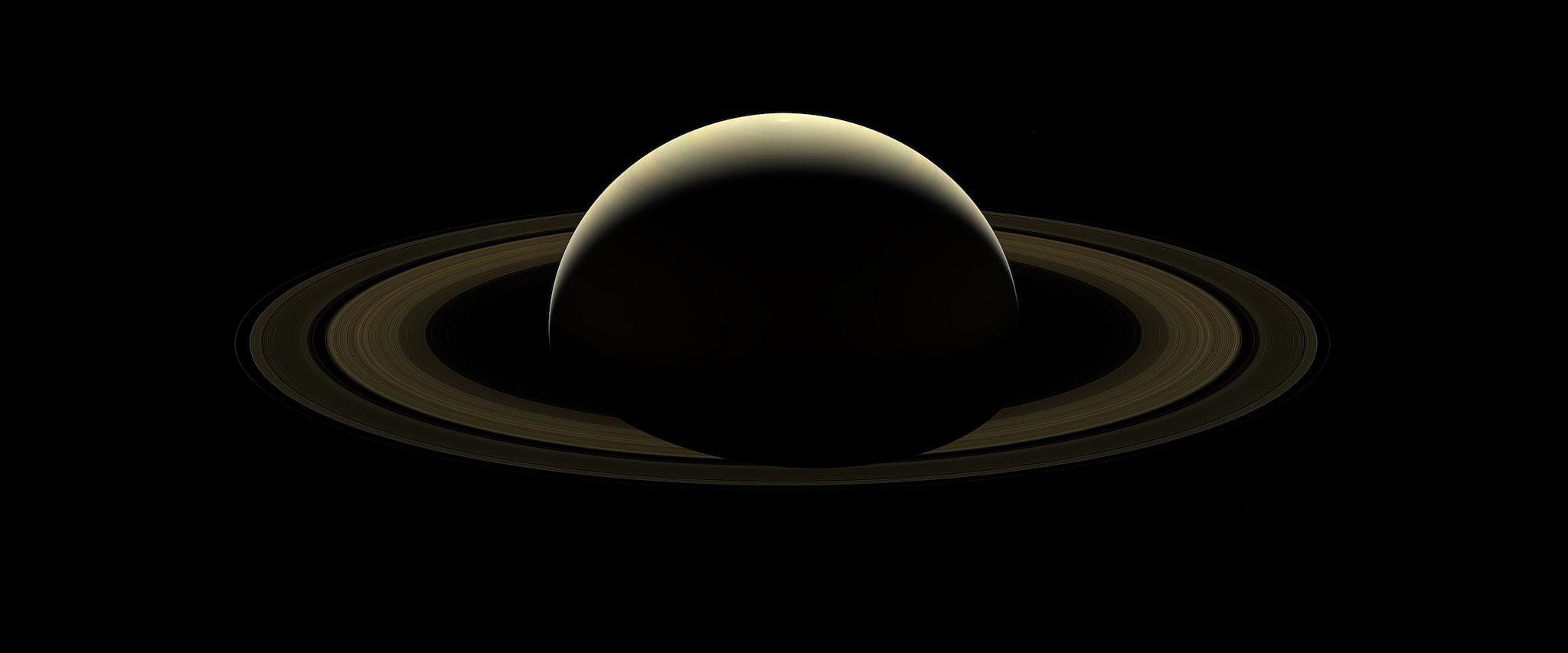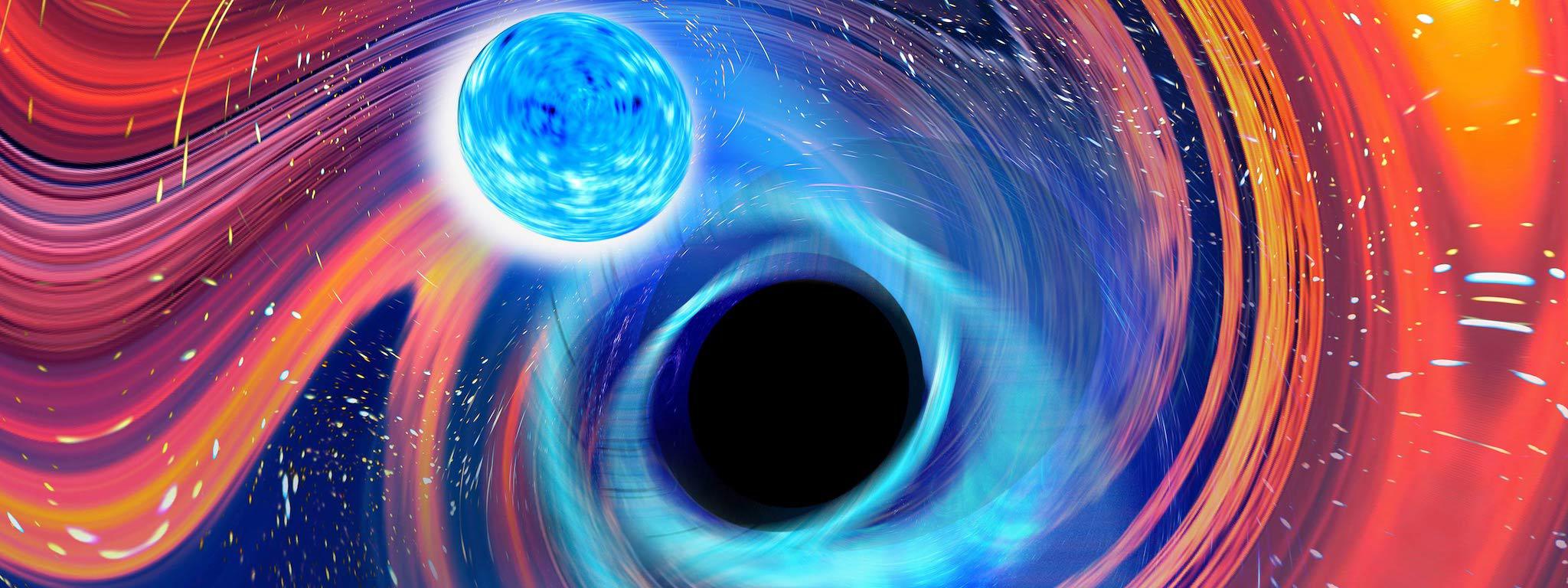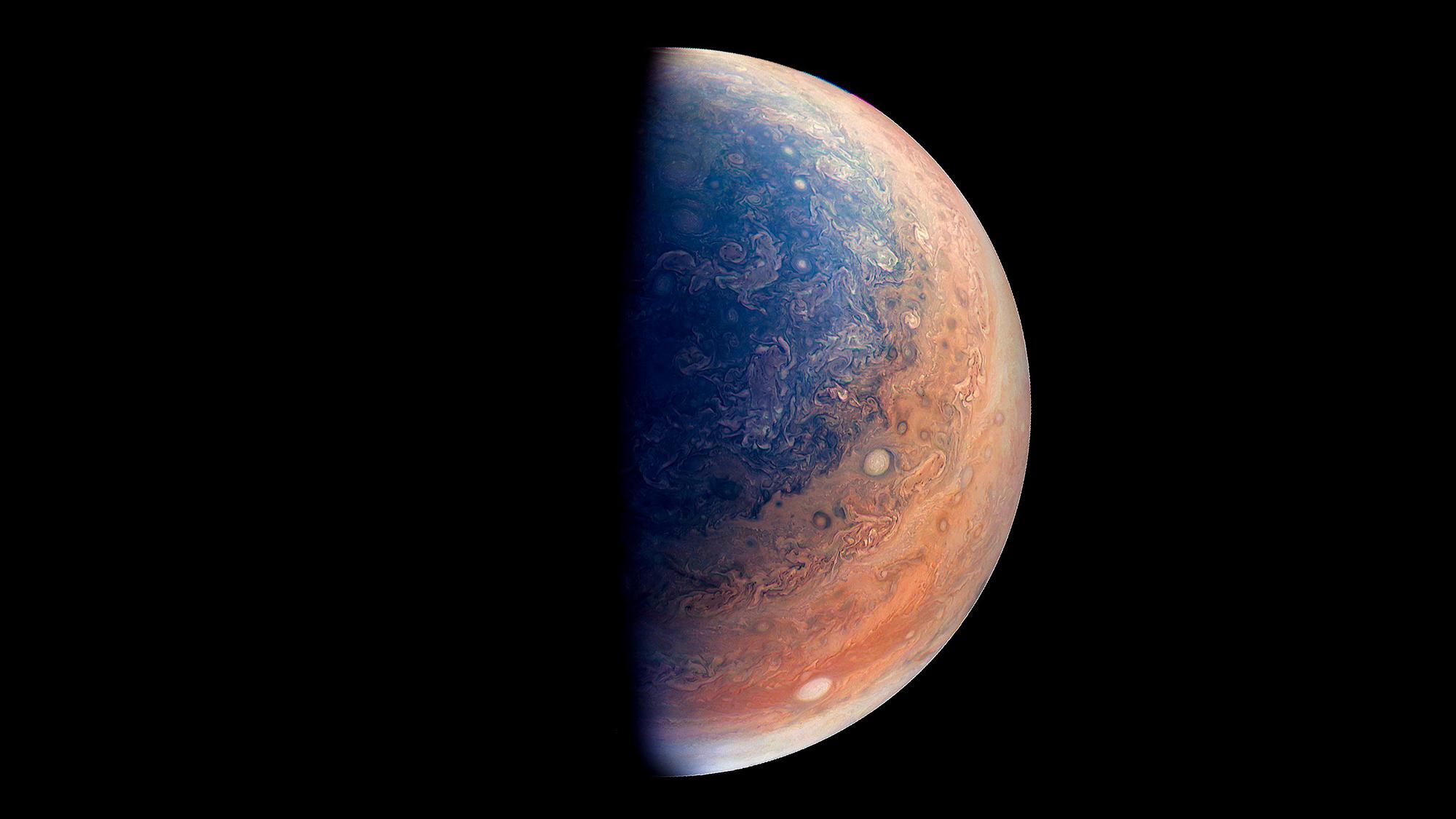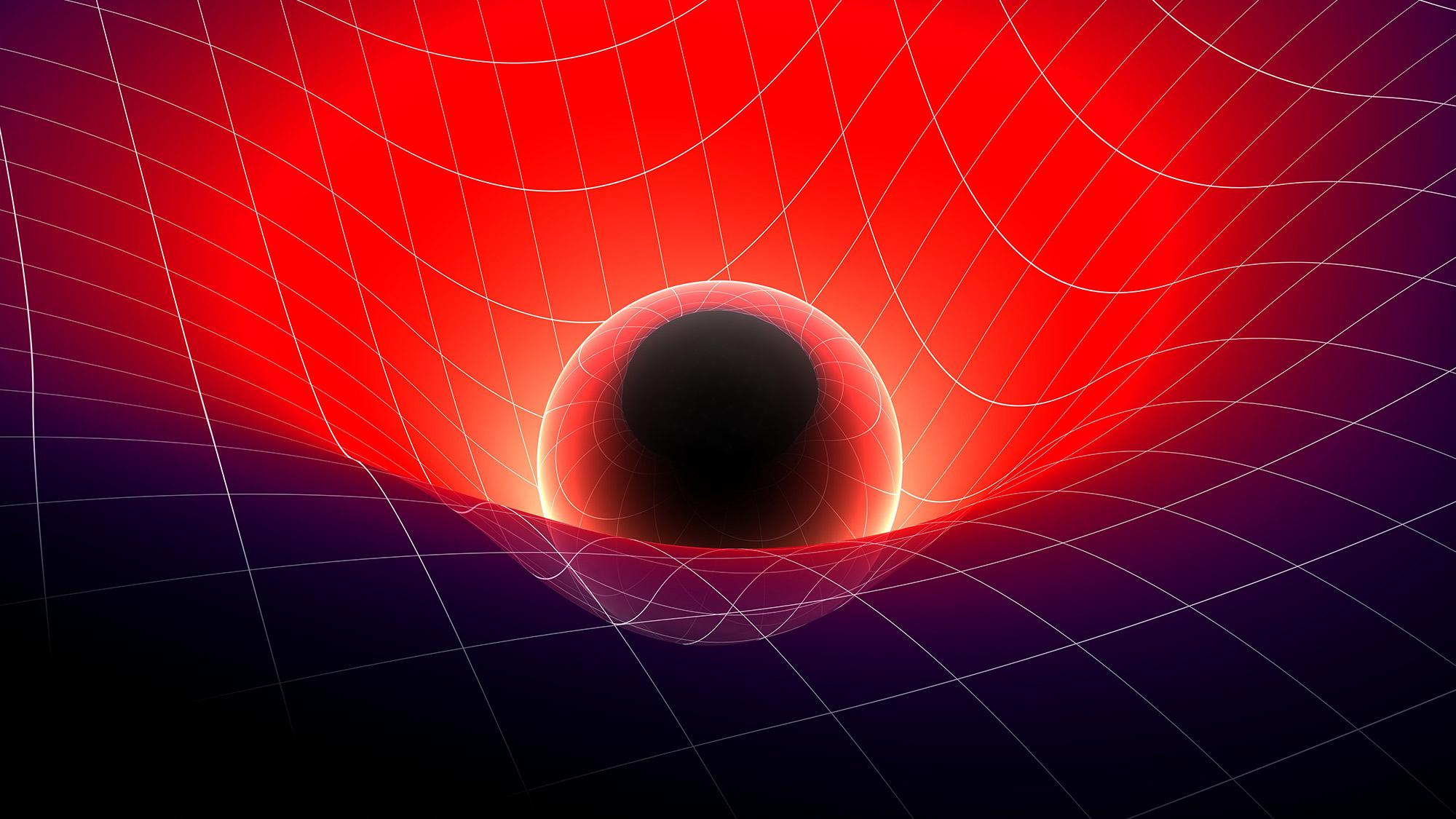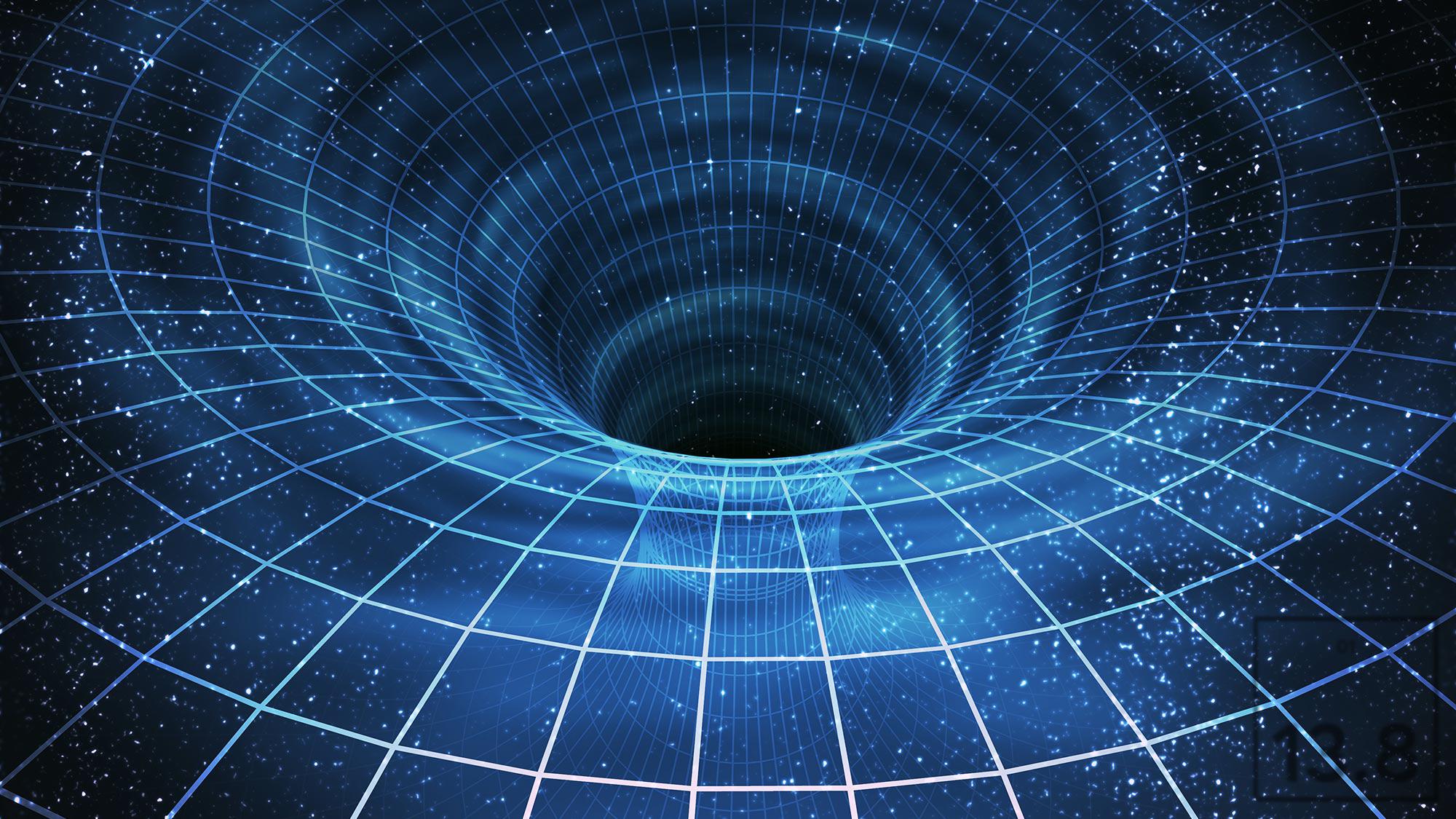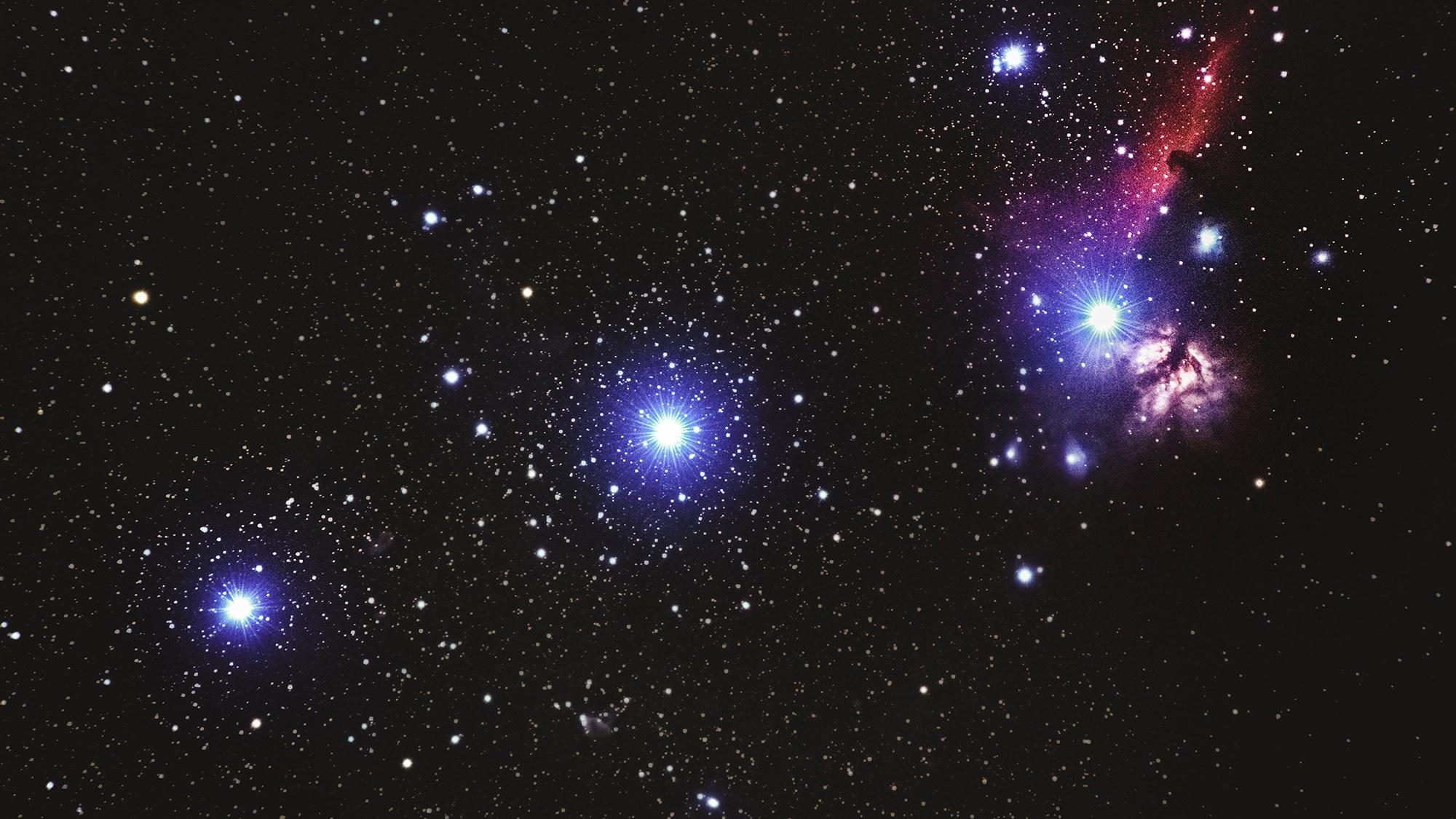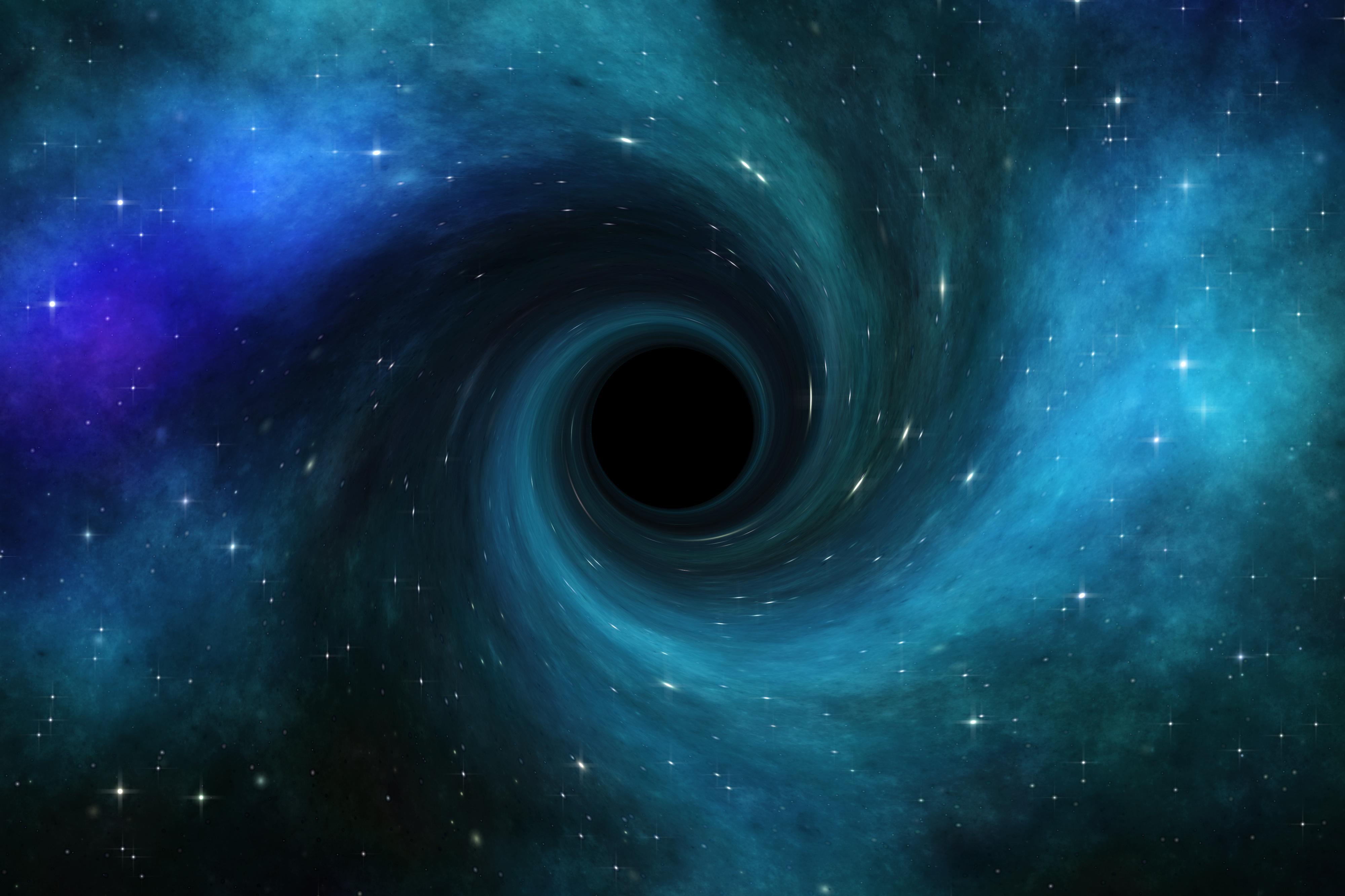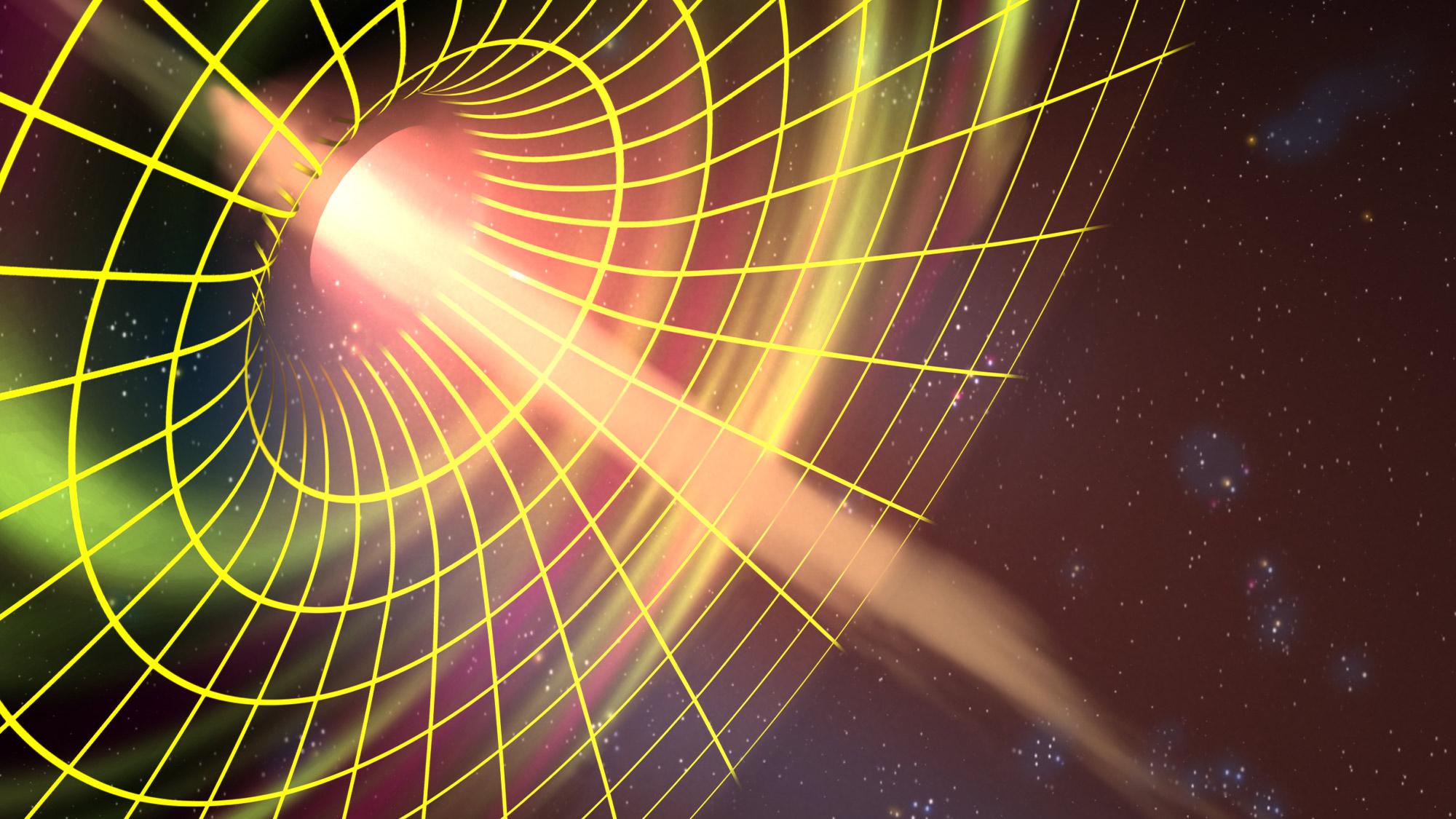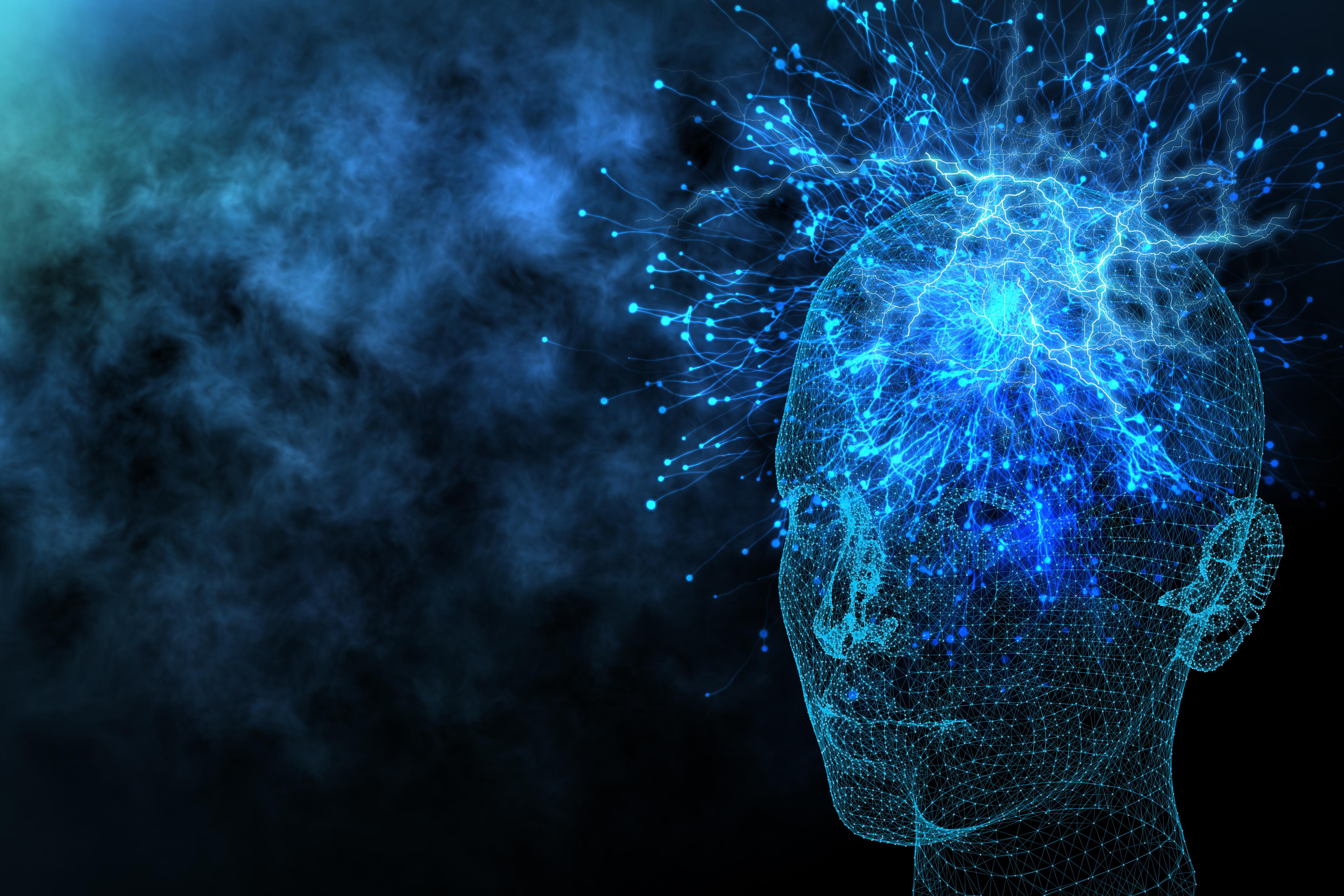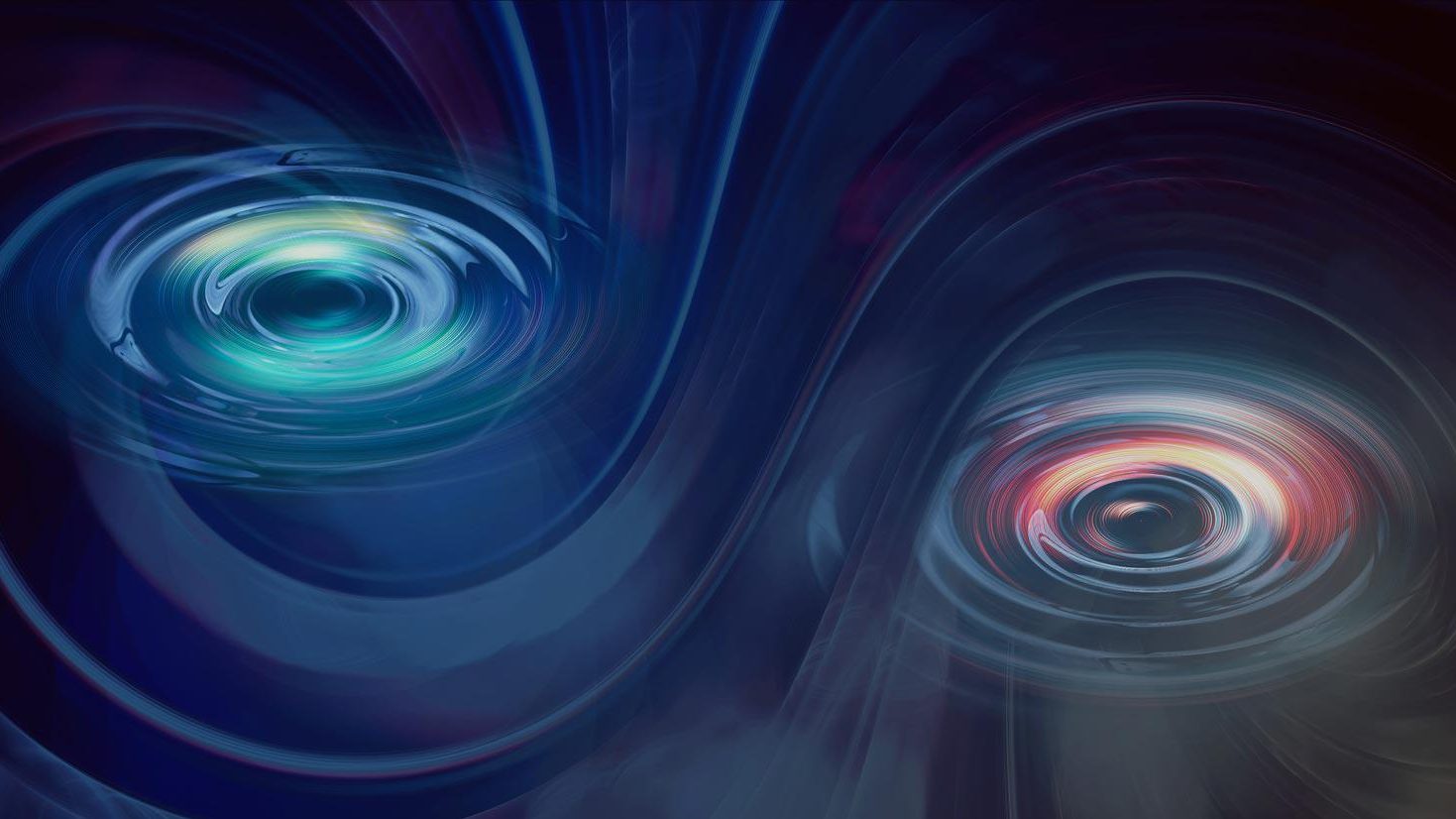astrophysics
It is a story with nebulous beginnings and no discernible end.
At 1,600 light years away, the black hole is practically in our cosmic backyard.
The upcoming launch of the James Webb Space Telescope is the event of a lifetime.
Mathematically, it is a monster, but we can understand it in plain English.
Signals from across the universe point toward a fascinating possibility.
After 100 million nights of people asking, “What are those twinkly lights?” it is pretty remarkable that we happen to live in one of the first generations that actually knows the answer.
Researchers hypothesize that these exoplanets could support the development of alien life.
The universe’s largest seismometer reveals clues about the Gas Giant’s interior.
The stars stood no chance against the more-massive black holes.
How can we understand mysterious planets like Jupiter? Use giant lasers!
Albert Einstein and his theory of general relativity continue to amaze us to this day.
When Olympic athletes perform dazzling feats of athletic prowess, they are using the same principles of physics that gave birth to stars and planets.
One single plot of data embodies the most profound thing we know about the stars.
A new study proposes that Hawking radiation could be used to find dark matter in places like primordial black holes.
Asking science to determine what happened before time began is like asking, “Who were you before you were born?”
Is the physical universe independent from us, or is it created by our minds, as suggested by scientist Robert Lanza?
Determining if the universe is infinite pushes the limits of our knowledge.
New studies stretch the boundaries of physics, achieving quantum entanglement in larger systems.
Scientists should be cautious when expressing an opinion based on little more than speculation.
The controversy over the universe’s expansion rate continues with a new, faster estimate.
A unique exoplanet without clouds or haze was found by astrophysicists from Harvard and Smithsonian.
A new study found similarities between the human brain and the cosmic network of galaxies.
A team of astrophysicists used AI to figure out which clusters of stars merged to become our galaxy.
New study of gamma rays and gravitational lensing points to the possible presence of dark matter.
Is information the fifth form of matter?
Russian astrophysicists propose the Casimir Effect causes the universe’s expansion to accelerate.
Researchers find what causes the glow coming from the densest objects in our universe.
An Oxford scientist claims a Nobel-Prize-winning conclusion is wrong.
